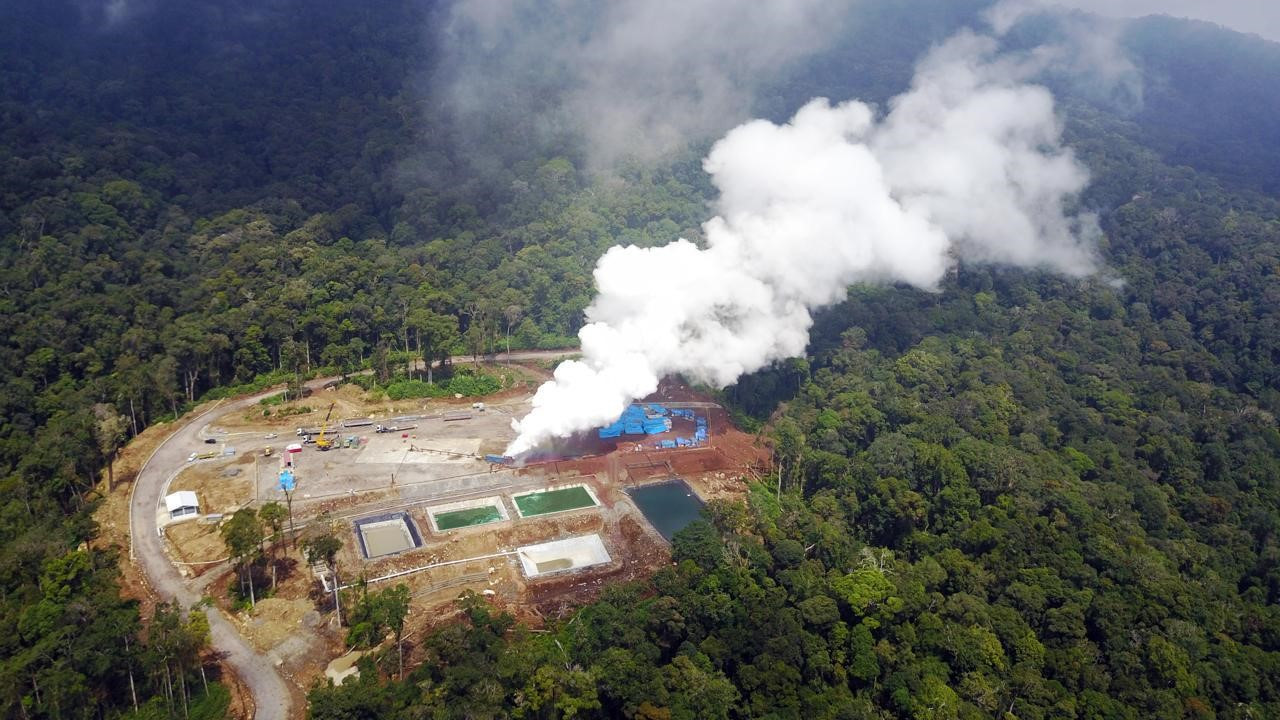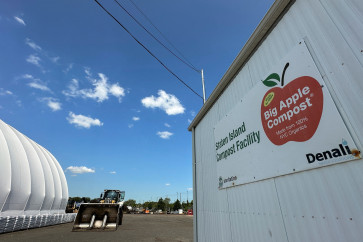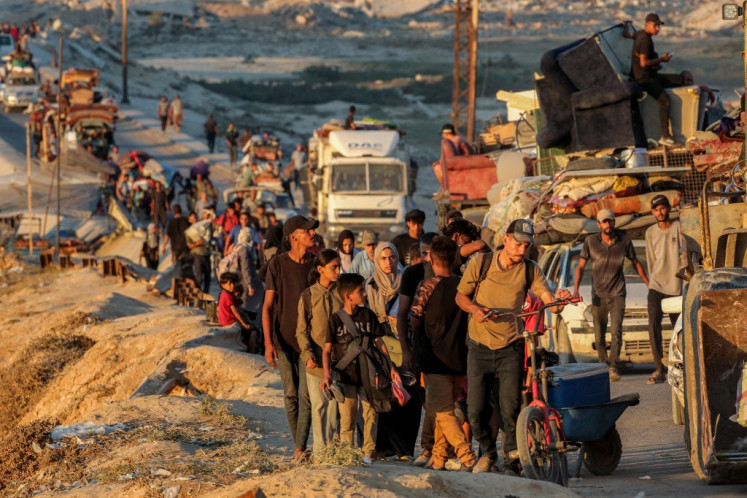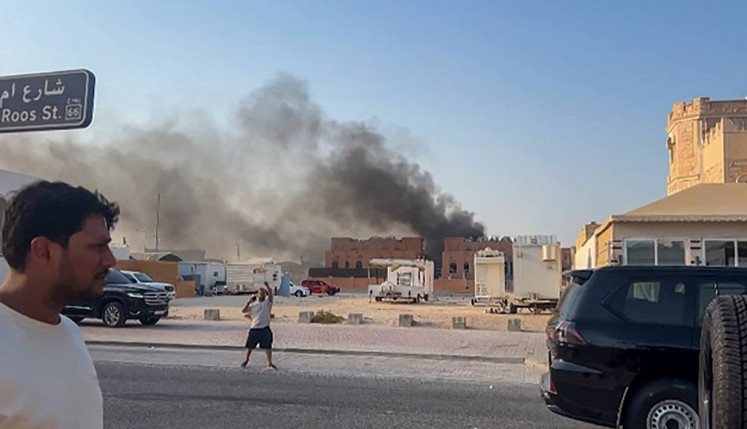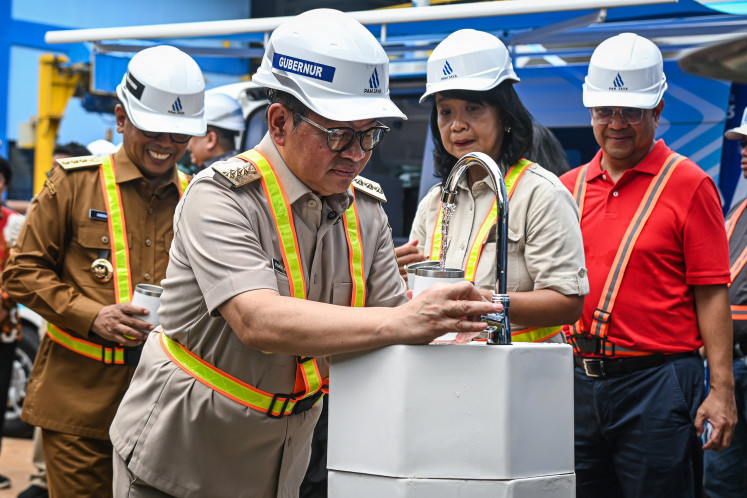Popular Reads
Top Results
Can't find what you're looking for?
View all search resultsPopular Reads
Top Results
Can't find what you're looking for?
View all search resultsPertamina brings sustainable green economy through green programs
Change text size
Gift Premium Articles
to Anyone
P
ertamina is accelerating a number of transitional initiatives on new and renewable energy by utilizing Indonesia's rich sources of energy as well as optimizing existing business infrastructures
Carrying out the direction of President Joko "Jokowi" Widodo on the Grand National Energy Strategy for energy transformation and strengthening the green economy, green technology and green products, PT Pertamina (Persero) continues to prioritize various energy transition programs toward new and renewable energy by utilizing abundant energy sources in Indonesia as well as optimizing the infrastructure of existing businesses.
President Director & CEO of Pertamina Nicke Widyawati said in a statement that Indonesia was still facing challenges to overcome the current account deficit due to high energy imports.
On the other hand, Indonesia has large domestic resources that can be used as raw materials for energy. To bridge these two issues, Pertamina has prepared three priority programs as part of the implementation of the energy transition as well as the green economy.
The first program is to reduce imports of diesel fuel through the implementation of Biodiesel B20 since 2016, which continued with B30 in 2019.
“With this program, Pertamina has succeeded in reducing diesel imports significantly. Starting April 2019, Pertamina has even stopped importing Solar [diesel fuel]," she explained.
The second program, Nicke continues, is to reduce dependence on LPG imports. Pertamina is currently running a gasification project to turn coal into dimethyl ether (DME), which will replace the use of LPG domestically.
“As one of the countries with the largest coal reserves, Indonesia has a good opportunity to gasify coal into DME. We are sure that the development of this DME can achieve the government's target of being free from LPG imports by 2027," she added.
The third program is to reduce imports of gasoline fuel. Pertamina plans to mix methanol and ethanol with gasoline, as methanol can be produced from natural gas or coal gasification, while ethanol can also be produced from coal gasification or other bio-ethanol sources.
To ensure the sustainability of existing business lines and address environmental issues from coal gasification, Pertamina is simultaneously implementing carbon capture utilization and storage (CCUS) technology to reduce carbon emissions as part of the enhanced oil and gas recovery efforts in Pertamina's wells to increase the country's oil and gas production.
To this end, Pertamina is also exploring the potential for collaboration with Exxonmobil and is currently conducting a collaborative study on CO2 injection in the Gundih exploration field, and in the Sukowati exploration field in collaboration with several other partners.
"Through the use of integrated carbon capture with the DME project, Pertamina believes it can reduce carbon emissions by up to 45 percent," Nicke concluded.

